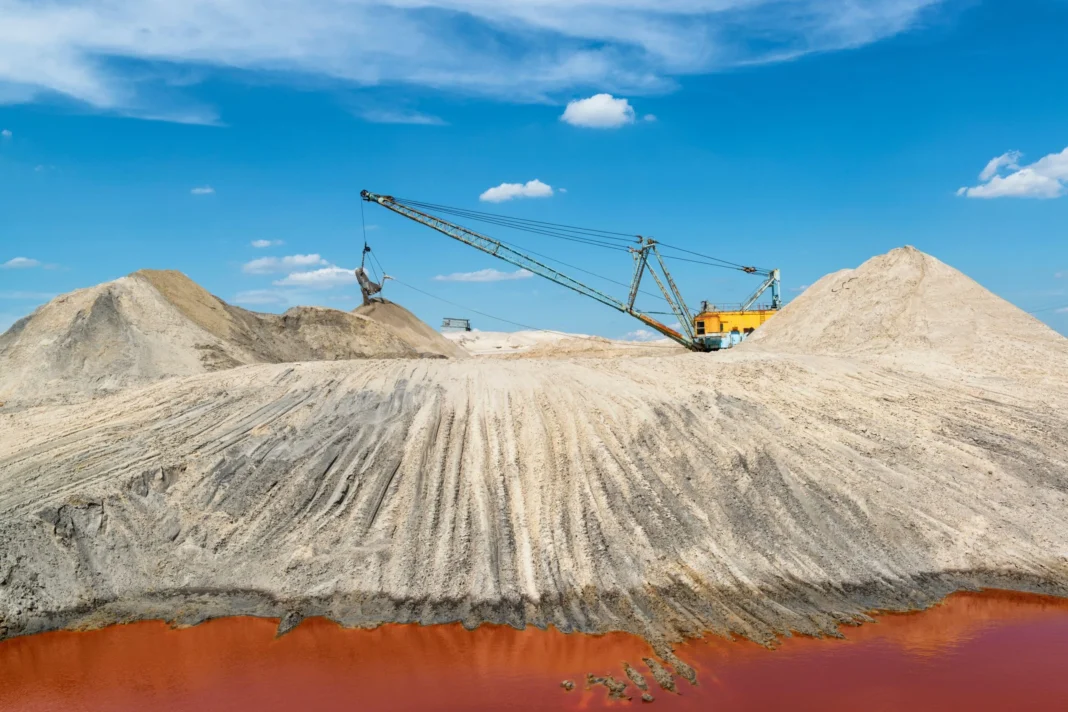Bahrain has started construction on a major titanium facility that will reshape global supply chains. Interlink Metals, through its unit Bahrain Titanium, launched the project to produce high-grade titanium for various sectors.
The Bahrain titanium facility will operate in two stages. Stage 1 will produce 4,000 metric tons of pure titanium slabs each year. These slabs will serve industries such as marine engineering, desalination, and power generation.
Stage 2 will push the facility further up the value chain. This phase will create 10,000 tons of titanium alloy billets and forgings annually. These products will meet aerospace, medical, and defence industry standards.
Western nations are reducing their reliance on traditional titanium suppliers. Bahrain offers a reliable alternative due to its stable environment and strategic alliances. The Bahrain titanium facility aligns with this trend by supporting diversified sourcing.
Interlink Metals sees the project as more than just manufacturing. The company plans to turn the facility into a full-scale industrial platform. It will include materials engineering, R&D, and advanced component production.
The Gulf region has long depended on external sources for titanium. This project signals a shift toward self-sufficiency and industrial capability. The Bahrain titanium facility will help the region meet global demand with local production.
Bahrain provides the right setting for this type of facility. The country offers modern infrastructure, a strong regulatory system, and proximity to key global partners. These conditions support Interlink’s long-term vision for regional growth.
Titanium has become essential to both civil and defence sectors. Aerospace companies in Europe, including Airbus and Rolls-Royce, want secure alternatives to Russian supplies. The Bahrain titanium facility answers this demand with a strategic location and stable output.
The project also supports Bahrain’s economic goals. It aligns with industrial diversification plans and will generate more than 400 direct and indirect jobs. In addition, it will train engineers in high-performance materials.
Interlink’s decision reflects a larger global trend. Supply chains are shifting toward regions that offer political stability, technical skills, and financial resources. Bahrain fits this profile and is ready to become a titanium leader.
The company is also exploring partnerships and long-term supply agreements. These include potential deals in aerospace and defence, boosting Bahrain’s global relevance. The Bahrain titanium facility positions the country as a rising player in metals innovation.
As titanium demand increases, this project ensures a steady supply from a trusted source. Nevertheless, the Bahrain titanium facility is expected to become a critical part of the new industrial landscape.





